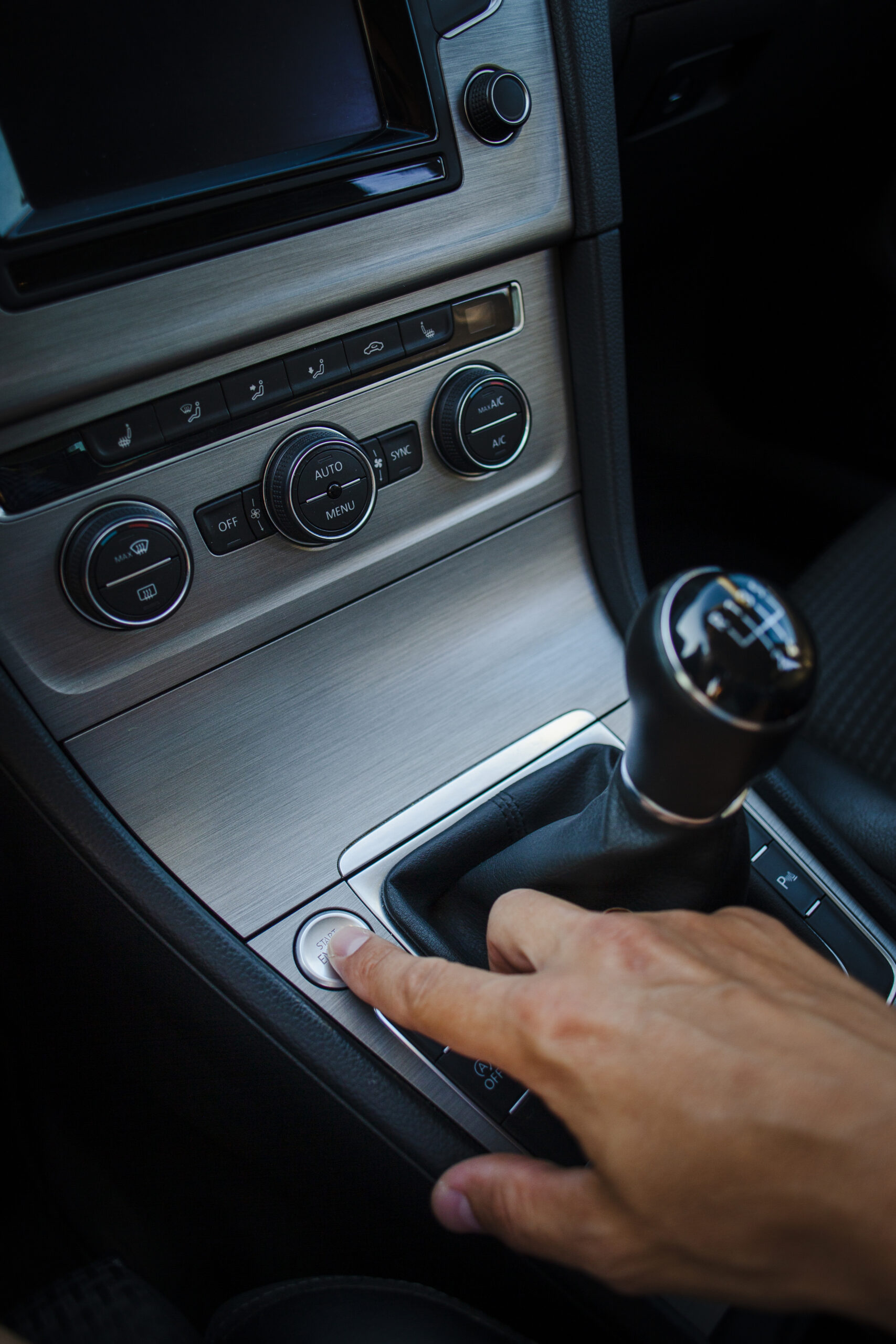When buying a second-hand car in South Africa, it is essential to evaluate the reputability of dealerships and sellers to ensure a smooth and trustworthy transaction. With numerous options available in the second-hand car market, it becomes crucial to distinguish reputable sellers from those who may engage in fraudulent practices. In this article, we will discuss key factors to consider when evaluating the reputability of dealerships and sellers in the second-hand car market in South Africa.
- Research and Background Check:
Conduct comprehensive research on the dealership or seller you are considering. Look for online reviews, ratings, and testimonials from previous customers. Websites and online forums dedicated to car enthusiasts can provide valuable insights and feedback about specific sellers.
Verify if the dealership or seller is registered with industry associations such as the South African Motor Body Repairers’ Association (SAMBRA), the Retail Motor Industry Organization (RMI), or similar bodies. Membership in these associations can indicate a commitment to ethical business practices and customer satisfaction.
- Physical Presence and Established Reputation:
Consider the physical presence and longevity of the dealership or seller in the market. A well-established seller with a long history of operations is likely to have a reputation to uphold, making them more accountable for their actions.
Visit the dealership or seller’s premises to assess their professionalism and the condition of the vehicles they offer. A clean and organized facility, accompanied by knowledgeable and courteous staff, is indicative of a reputable seller.
- Transparent and Complete Documentation:
A reputable dealership or seller will provide clear and transparent documentation for the vehicles they sell. Request to see the vehicle registration documents (logbook), service history, and any other relevant paperwork. Ensure that the details match the information provided during the sale process.
Scrutinize the documents for any signs of tampering or inconsistencies. Pay attention to the ownership history, maintenance records, and whether the vehicle has been involved in any accidents or major repairs.
- Warranty and After-Sales Support:
Reputable sellers often offer warranties or guarantees on the vehicles they sell, providing customers with additional peace of mind. Inquire about the warranty period and coverage, including any limitations or conditions that apply.
Ask about the seller’s after-sales support, including their willingness to assist with post-purchase inquiries, servicing, or any potential issues that may arise. A reputable seller will be responsive and cooperative in addressing customer concerns.
- Professional Conduct and Customer Service:
Evaluate the professionalism and customer service provided by the dealership or seller. Reputable sellers prioritize clear and honest communication, promptly addressing customer inquiries and providing accurate information.
Pay attention to the seller’s willingness to allow inspections, provide detailed vehicle information, and facilitate test drives. They should be transparent about the condition, history, and any known issues with the vehicle.
Evaluating the reputability of dealerships and sellers is crucial when purchasing a second-hand car in South Africa. Thorough research, background checks, physical presence, transparent documentation, warranty offerings, and professional conduct are key factors to consider. By assessing these aspects, potential buyers can make informed decisions and mitigate the risk of engaging with unscrupulous sellers. Remember to trust your instincts and seek alternative options if something seems suspicious. A reputable dealership or seller will prioritize customer satisfaction, offering a reliable and trustworthy second-hand car buying experience.











